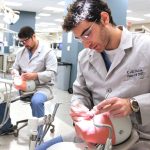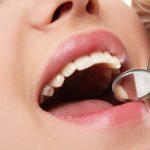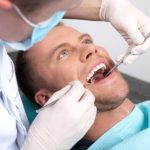Why do cats grind their teeth when eating? Exploring the causes and solutions
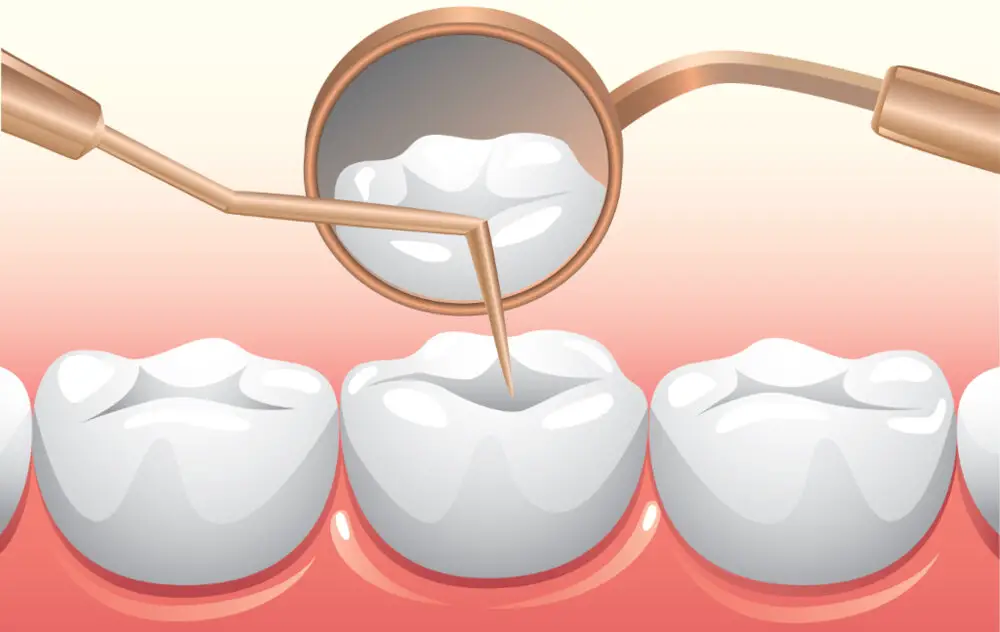
Cats are mysterious creatures that have been fascinating humans for centuries. Their peculiar habits, behaviors, and sounds have intrigued pet owners and feline enthusiasts alike. One such behavior that has left many cat owners scratching their heads is teeth grinding during meals. While it may seem like a normal part of the feline dining experience, teeth grinding can be a sign of underlying issues that need to be addressed. Understanding why cats grind their teeth while eating is crucial in ensuring their health and well-being. Teeth grinding or bruxism is a common problem that affects not only humans but animals as well. In cats, teeth grinding can occur during meals and may be accompanied by other symptoms such as drooling, difficulty eating, and bad breath. The causes of teeth grinding in cats can vary from dental issues such as tooth decay or gum disease to medical conditions such as stress, anxiety, or pain. In this article, we will delve into the possible reasons why cats grind their teeth while eating and explore the different solutions that can help alleviate this behavior.
Cats are known for their unique behaviors, and one of them is teeth grinding while eating. This behavior is commonly seen in cats that are experiencing dental pain or discomfort. When cats have dental problems, it can make eating a painful experience, causing them to grind their teeth to try and alleviate the discomfort. Additionally, cats may also grind their teeth while eating due to stress, anxiety, or nervousness. In some cases, this behavior may be a result of underlying medical issues such as arthritis or gastrointestinal problems. If you notice your cat grinding their teeth while eating, it is important to take them to a veterinarian to determine the underlying cause and find the appropriate solution.
Understanding the causes and solutions to a particular behavior or issue is crucial in addressing it effectively. In the case of cats grinding their teeth when eating, identifying the root cause of the behavior is essential in finding a lasting solution. Various factors can contribute to this behavior, including dental problems, pain, stress, or anxiety. By understanding these causes, cat owners can take the necessary steps to address them, such as scheduling a dental checkup or reducing stress triggers. Ignoring or failing to understand the causes of a behavior can lead to worsening of the problem and potential health issues for the cat. Therefore, it is essential to explore the causes and solutions to any behavior or issue in pets to ensure their optimal health and well-being.
Normal Cat Eating Behavior
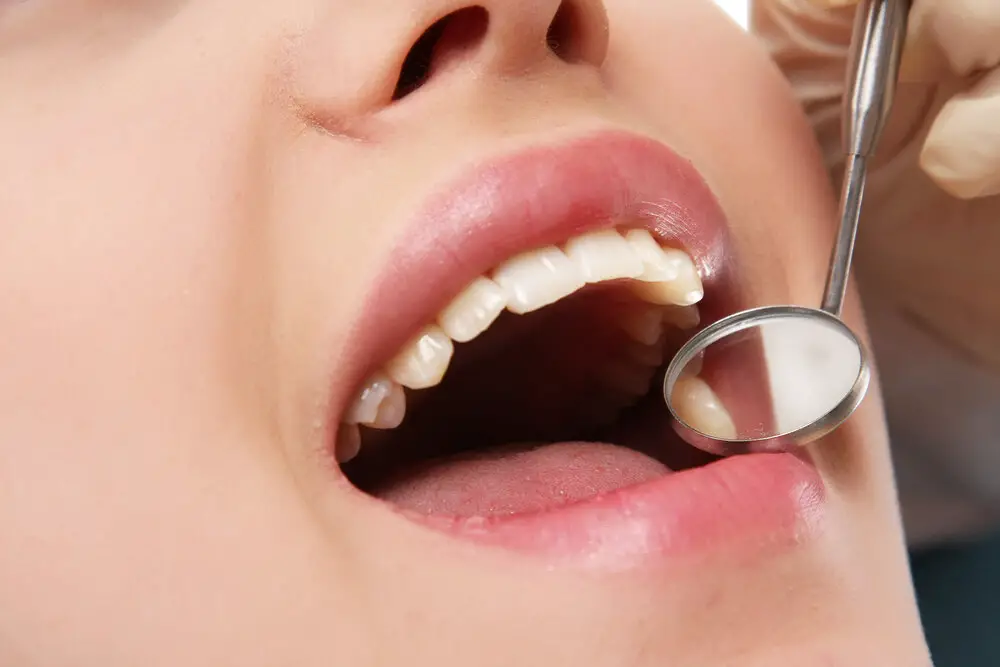
Cats are obligate carnivores, meaning they require a diet that is high in protein and fat. Normal cat eating behavior involves consuming small, frequent meals throughout the day. Cats often hunt and catch small prey, which they eat in several sittings. Domesticated cats have adapted to eating from bowls, but they still prefer to eat smaller, more frequent meals. Cats will also drink water throughout the day to stay hydrated, as they typically do not consume a lot of water with their meals. It is important to provide cats with a balanced diet that meets their nutritional needs and to monitor their eating habits for any changes. In addition to eating small, frequent meals, cats also exhibit several other normal eating behaviors. Cats will often use their paws to scoop food out of their bowls and into their mouths. They may also bury their food or cover their bowls after eating, which is a behavior inherited from their wild ancestors who would cover their prey to hide it from other predators. Some cats may also knead with their paws while eating, which is a behavior associated with nursing and comfort. Overall, normal cat eating behavior is characterized by small, frequent meals, pawing at food, burying food, and drinking water throughout the day.
Cats are carnivorous animals, and their eating habits are designed to accommodate their predatory nature. Typically, cats will eat small, frequent meals throughout the day, rather than one or two large meals. They use their sharp teeth and powerful jaws to bite and tear meat into small pieces before swallowing. While they have the ability to chew, cats do not have many molars, so they rely heavily on their teeth to grind their food. Their tongues are also designed to help them eat, with small barbs on the surface that can help them to remove meat from bones. Overall, cats are efficient eaters that have adapted to their environment and evolved to be successful predators.
Teeth grinding, also known as bruxism, is not a normal behavior for humans or animals, including cats. It can lead to a variety of dental problems such as chipped or worn-down teeth, as well as pain and discomfort in the jaw and surrounding muscles. In cats, teeth grinding while eating may be a sign of dental issues or other underlying health problems. It’s important to address this behavior and seek veterinary care to identify and treat any potential issues. Solutions may include regular dental cleanings, dietary changes, or medication to treat underlying medical conditions. By addressing teeth grinding in cats, we can help ensure their overall health and well-being.
Dental Problems
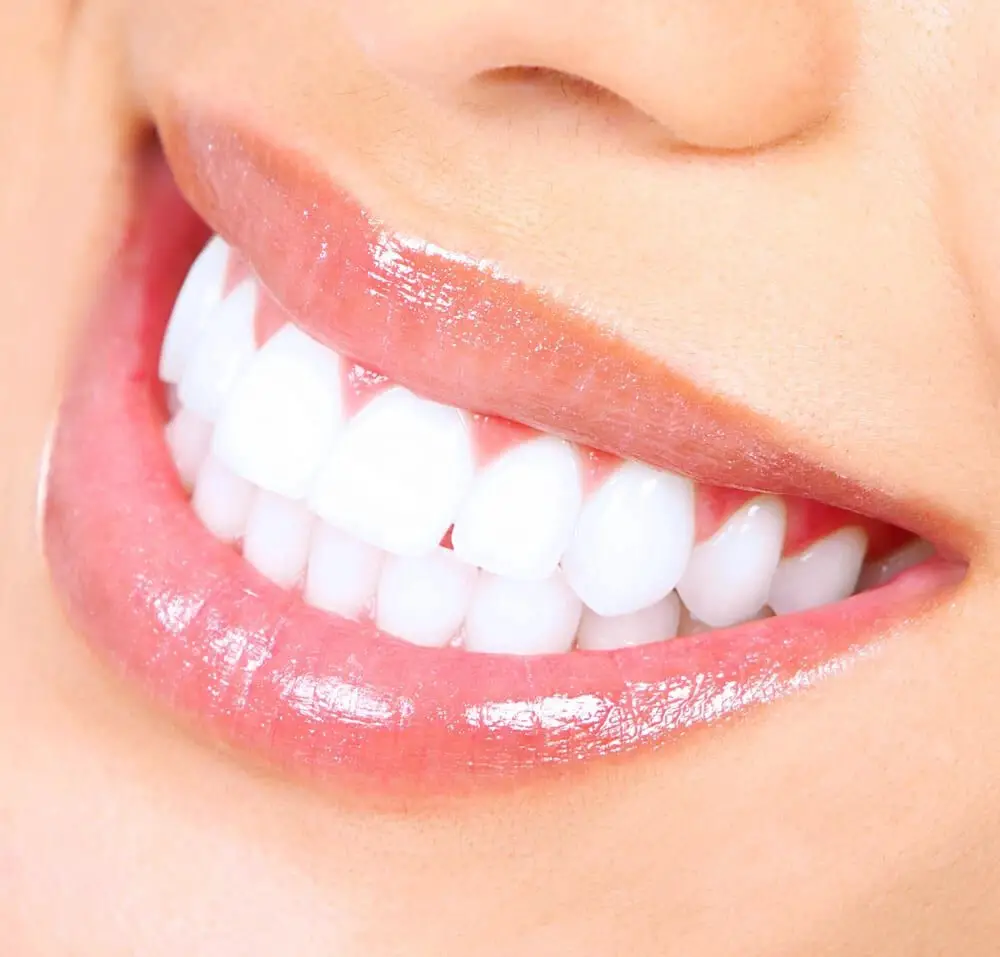
Dental problems are a common issue among cats, and they can cause a range of uncomfortable symptoms. One of the most common dental problems is tartar buildup, which occurs when plaque hardens on the teeth. If left untreated, tartar can lead to gum disease, tooth decay, and even tooth loss. Other dental issues that cats may experience include broken teeth, abscesses, and oral tumors. These conditions can cause pain, difficulty eating, and bad breath. It is important for cat owners to be aware of these issues and to take their cats to the veterinarian for regular checkups. Preventing dental problems in cats is possible with proper dental care. Owners should brush their cat’s teeth regularly with a toothbrush and toothpaste specifically designed for cats. Providing cats with dental treats and toys can also help remove plaque and tartar buildup. In addition, feeding cats a diet that promotes dental health, such as dry food or dental-specific cat food, can be beneficial. If a cat is already experiencing dental problems, treatment options may include dental cleaning, extractions, or even surgery, depending on the severity of the issue. By taking proactive measures to care for their cats’ dental health, owners can help ensure their furry friends live happy, healthy lives.
Cats can suffer from a range of dental issues, including periodontal disease, tooth decay, and broken teeth. Periodontal disease is a common issue caused by a buildup of plaque and bacteria on the teeth, leading to inflammation and infection of the gums. If left untreated, it can cause tooth loss and other serious health problems. Tooth decay is also a concern, especially in cats that consume a lot of sugary foods or have poor dental hygiene. Broken teeth can be painful and increase the risk of infection. Regular dental checkups and cleanings can help prevent these issues, as well as feeding your cat a balanced diet and providing dental treats and toys.
Dental problems can be a key reason for teeth grinding while eating in cats. Issues such as tooth decay, gum disease, and misaligned teeth can cause discomfort and pain during chewing, leading to grinding behavior. Cats may also develop a habit of grinding their teeth due to anxiety or stress, which can be exacerbated by dental pain. Over time, teeth grinding can cause further dental damage, making it crucial to address the underlying dental issues and provide appropriate treatment to prevent further discomfort and pain.
Pain or Discomfort
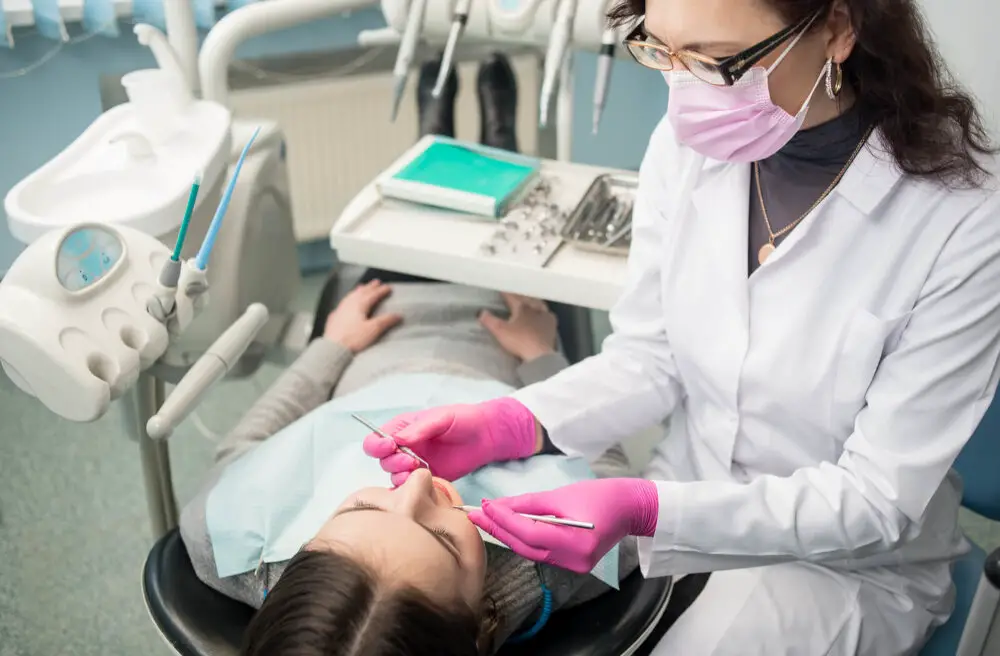
Cats grinding their teeth while eating can be a sign of pain or discomfort. The act of grinding teeth, also known as bruxism, is usually seen when cats are experiencing dental issues, such as gingivitis or tooth decay. Cats may also grind their teeth if they have a foreign object stuck in their mouth, causing irritation and discomfort. Additionally, cats may grind their teeth due to stress or anxiety, which can lead to muscle tension and jaw clenching. If your cat is grinding their teeth while eating, it is important to take them to a veterinarian for a checkup to identify and address any underlying health issues. To alleviate pain and discomfort in cats, pet owners can provide their feline friends with appropriate dental care, such as regular teeth brushing and dental checkups. Feeding cats a balanced diet and providing them with toys to play with can also help reduce stress and anxiety, which can cause teeth grinding. Additionally, pet owners can use natural remedies, such as catnip or calming herbs, to alleviate stress and anxiety in cats. By taking proactive steps to identify and address the causes of teeth grinding, pet owners can help their beloved feline companions live happy, healthy lives.
There are several potential reasons why cats may experience pain or discomfort while eating. One possible cause is dental issues, such as gum disease or tooth decay, which can make it painful for cats to chew their food. Another possibility is that the cat may have a foreign object stuck in their mouth or throat, which can cause discomfort and make it difficult for them to swallow. Additionally, cats may experience pain or discomfort if they have an underlying health condition, such as a digestive disorder or inflammatory bowel disease. It’s important for cat owners to observe their pet’s eating behavior and take note of any signs of discomfort or pain, as these may be indicative of a more serious health issue.
Cats grinding their teeth while eating may be due to various reasons, including misaligned teeth, gum disease, or a painful mouth condition. The discomfort caused by these conditions can lead to stress and anxiety, causing the cat to grind its teeth while eating. Additionally, some cats may develop a habit of teeth grinding due to boredom or stress. Teeth grinding, also known as bruxism, can lead to severe dental problems such as worn teeth, gum recession, and even tooth loss. If your cat is grinding its teeth while eating, it is essential to consult a veterinarian to identify the underlying cause and provide appropriate treatment to prevent further dental damage.
Behavioral Issues
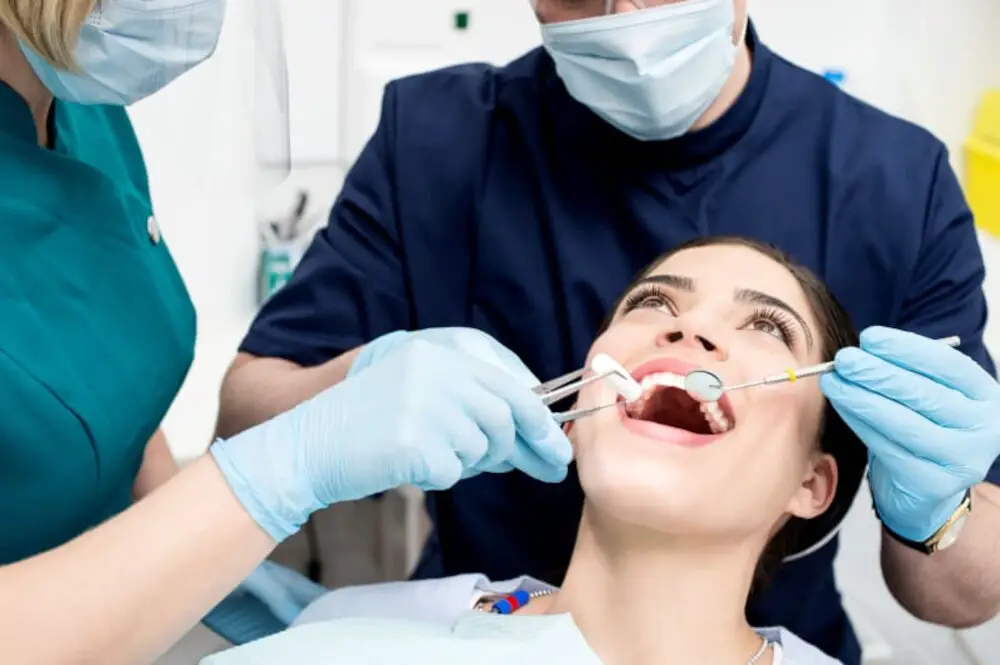
Behavioral issues in cats are common and can be caused by various factors. When it comes to teeth grinding during eating, it could be a sign of dental pain or anxiety. Dental pain can occur due to dental diseases or injuries, which can lead to discomfort while eating. Anxiety, on the other hand, can be caused by various reasons such as a change in environment or routine, or due to underlying medical conditions. It is important to identify the root cause of the behavior in order to find an appropriate solution. Furthermore, it is important to note that behavioral issues in cats can also be a result of inadequate socialization or training. Cats that are not properly socialized may display aggression or fear towards other animals or humans. Training can help cats learn appropriate behaviors and prevent the development of unwanted habits. Providing a stimulating environment for cats can also help prevent behavioral issues. This can include providing toys, scratching posts, and other interactive objects to keep cats mentally and physically stimulated. In conclusion, addressing the underlying cause of behavioral issues and providing appropriate training and environmental enrichment can help prevent and manage these issues in cats.
Psychological factors can play a significant role in causing teeth grinding while eating. Anxiety, stress, and tension are some of the most common psychological factors that can lead to this behavior. When cats are anxious or stressed, they may resort to chewing on objects or grinding their teeth as a way to cope with their emotions. Additionally, cats may grind their teeth due to frustration or aggression, especially if they feel threatened or uncomfortable while eating. It’s essential to identify the root cause of teeth grinding in cats and address it accordingly. Providing a safe and calm environment during mealtime and addressing any underlying psychological issues can help reduce this behavior.
Identifying and addressing teeth grinding in cats involves observing their behavior during mealtime. If your cat is showing signs of discomfort while eating, such as pawing at their mouth or avoiding certain foods, it may be a sign of dental issues. You can also inspect your cat’s teeth and gums for any signs of inflammation or discoloration. Once identified, addressing the issue involves a visit to the veterinarian for a dental exam and possible treatment options such as a dental cleaning, extractions, or medication. Additionally, providing your cat with a balanced diet, regular dental care, and toys to chew on can help prevent teeth grinding and maintain their dental health.
Teeth grinding while eating, also known as bruxism, can be caused by various factors. One possible cause is dental problems, such as misaligned teeth or gum disease, which can lead to discomfort and pain while chewing. Stress and anxiety can also trigger teeth grinding, as the muscles in the jaw may tense up in response to tension in other parts of the body. Additionally, certain medications or substances, such as caffeine or alcohol, can cause teeth grinding as a side effect. Other potential causes include neurological conditions, such as Parkinson’s disease, or nutritional deficiencies. Identifying the underlying cause of teeth grinding is crucial in developing an effective solution.
Consulting a veterinarian is crucial when it comes to the health and well-being of your feline friend. When your cat is grinding their teeth while eating, it could be a sign of underlying dental problems that require immediate attention. Only a veterinarian can diagnose and treat these issues appropriately. Regular check-ups with a veterinarian can also prevent dental diseases and ensure that your cat’s overall health is in good shape. Additionally, a veterinarian can provide valuable advice on nutrition, behavior, and other aspects of cat care. Therefore, it is essential to consult a veterinarian if you notice any abnormal behavior or symptoms in your cat, including teeth grinding during meals.
There are several possible solutions to the problem of cats grinding their teeth when eating. One solution is to switch to softer food, such as wet food or even canned food, which can be easier on a cat’s teeth. Another solution is to provide your cat with dental treats or chews, which can help to strengthen their teeth and gums. Regular brushing or cleaning of your cat’s teeth can also help to prevent dental problems that may lead to teeth grinding. Additionally, it is important to take your cat to the veterinarian for regular check-ups and dental cleanings to ensure that any dental issues are caught early and treated appropriately. Overall, a combination of preventive measures and regular dental care can help to alleviate the problem of teeth grinding in cats.
Conclusion
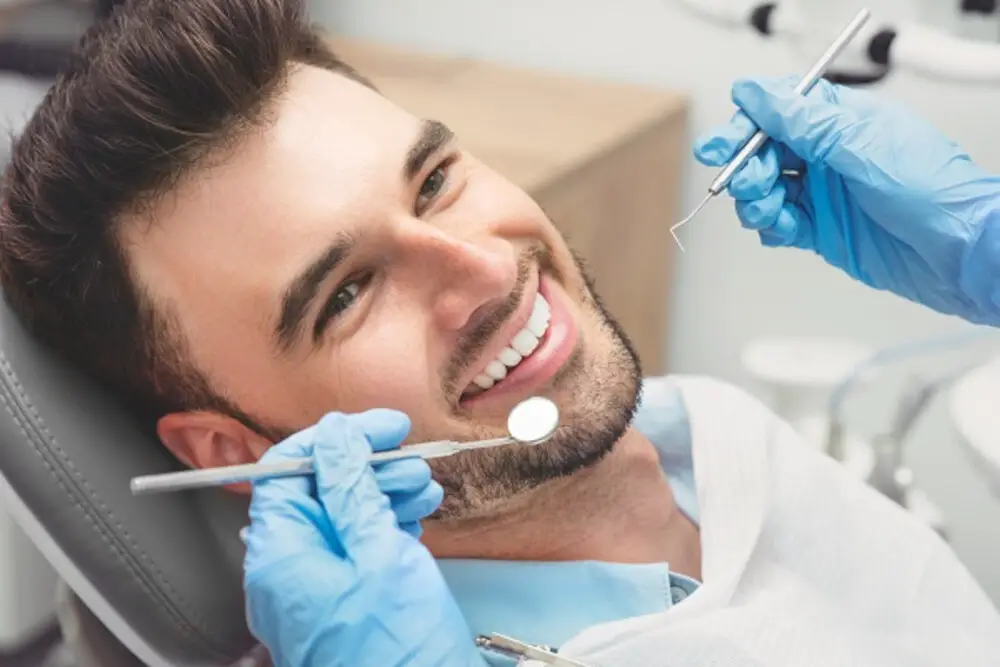
In conclusion, the act of cats grinding their teeth while eating can be caused by various reasons, such as dental problems, stress or anxiety, and even nutritional deficiencies. It is important to identify the root cause of this behavior to provide the appropriate solution. Consulting a veterinarian and ensuring a balanced diet can help prevent dental issues and alleviate stress in cats. Additionally, providing a calm and comfortable environment during mealtime can also contribute to reducing this behavior. As responsible pet owners, we must pay attention to our feline friends’ habits and provide them with the necessary care and attention they need to lead a healthy and happy life.

